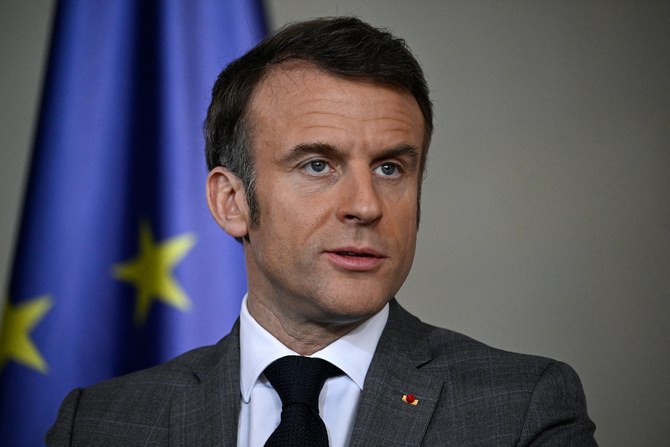
The war that has been raging in the heart of Europe for months now is vicious and depressing. It brings back bitter memories of the world wars fought in the 20th century, and some fear that it could lead to a third world war, but these exaggerated expectations are understandable because they stem from fears of living the past again, and part of them is also political. We have read and heard a lot of speculation that we are on the brink of catastrophe. But, for practical reasons, this will not happen. One country stands in the way of such a war and that is China.
War on a global scale can only erupt if a formidable military that would be difficult to deter decides to start one by invading the world by force. That is what the Nazis did during the Second World War, and they were only defeated once they were confronted with an even greater force that ended their adventure. We used to fear that Russia could be such a country, that it could invade Europe and bring us back to the nightmares of the past, but it has demonstrated its total failure, even to maintain the territory it had annexed. While the West continues to support Kyiv with armament, the Russian forces have shown, from the very beginning, that they are incompetent. Morale has been declining, while doubt about its legitimacy has been growing.
Given all the upheaval, the specter of a third world war would have loomed if Bejing had decided to join in Moscow’s war. A Chinese-Russian alliance would have taken us to hell. We should thank god that the leadership in China has decided to invade the world with microchips rather than tanks. It has shown a great deal of wisdom and level-headedness, saving the world from the abyss. Dispelling fears of a third world war raised by Russian Foreign Minister Lavrov, China’s foreign minister stressed that no one wants a new world war.
Both sides have tried to cheat China. Western politicians driven by domestic political considerations and hoping to get reelected, like Nancy Pelosi, have visited Taiwan. This provocative step was intended to embarrass Beijing and push it closer to Russia by presenting it as the biggest threat to the world, which must be confronted. For their part, the Russians, through the diplomatic and oratory skills of Lavrov, who has visited Beijing on several occasions, have tried to bring China into the war with the West. However, nothing came of these aspirations. Indeed, the Russians left this year’s Shanghai Cooperation Organization summit with nothing but diplomatic promises that became worthless as soon as the leaders got on their flights back home.
Why has China ruled out the dark prospect of turning the world into a war zone once again? Why do its diplomats emphasize the importance of de-escalation and reinforcing peace?
Despite Moscow’s efforts to give us the impression that it and China are on the same page through joint military exercises and meetings between the leaders of the two countries, the reasons for China's divergent position are obvious. Trade between China, Europe, and the US is almost 26 percent, while trad with Russia is around 2 percent. Beijing would never put these trade relations in jeopardy.
In fact, it constantly demands that Western governments remove their tariffs on Chinese products. Getting closer to Russia could expose China to sanctions, and we can see this from its calculated actions in response to the crises in Ukraine and Taiwan. Access to US and European markets and benefiting from Western technology are more important to China than anything else right now.
China is a remarkable economic success story. The GDP of the wealthy province of Guangdong ($1.8 trillion) is greater than that of Russia ($1.5 trillion). This helps us understand that China seeks to benefit from the current world order, which it has invested in, and does not seek to change it through wars, conflict, or occupation. Thus, despite all the doom and gloom, we will not see another world war erupting over the next few years, unless Beijing decides otherwise.












